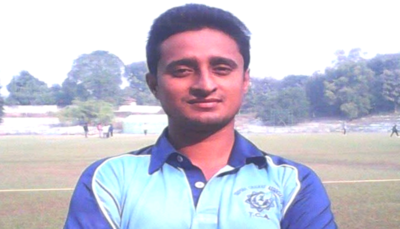
Participants at an international symposium on ‘Environmental Impact on Health: Increasing Incidence of Autism, Cancer, and Degenerative Diseases’ in Hyderabad on Sunday (December 29).
| Photo Credit: handout
Experts raised concerns over rising incidence of illnesses like autism, cardiology, autoimmune diseases, and neurodegenerative disorders linked to environmental toxins.
A diverse group of medical professionals, health experts, and researchers from India and countries such as the Philippines, Malaysia, Singapore, and Australia discussed the issue of toxins at an international symposium on ‘Environmental Impact on Health: Increasing Incidence of Autism, Cancer, and Degenerative Diseases’ here on Sunnday.
Convenor and principal sponsor of the conference Praveen Saxena launched the discussions by highlighting the critical role of heavy metals, pollution, pesticides, and other toxins in contributing to the global health crisis. He emphasized the importance of understanding these toxins’ impacts to enhance medical care and treatment strategies.
The symposium concluded with a call for collaborative efforts to address environmental toxins’ challenges and impacts. Participants advocated for freeing medical care from the constraints of conventional medicine and emphasized the need for personalized, integrative treatment approaches. Cancer, described as a manifestation rather than a disease, was particularly highlighted for its complex interplay with environmental factors.
Highlighting the impact of pesticide use on farmers, laborers, and consumers, Dr. Narasimha Reddy Donthi talked about the impact of “forever chemicals” and persistent organic pollutants (POPs). He urged doctors to consider the context of pesticide exposure when diagnosing and treating illnesses.
Dr. A. Sreekumar from Kochi underscored the need for a deeper understanding of cancer science for effective treatment. Dr. Mili Shah advocating for a holistic approach to healthcare, spoke on the role of hypoxia in cancer and introduced ozone therapy as a treatment option. Dr. Arvind Kulkarni emphasized strengthening the cellular antioxidant defense mechanism, while Dr. C. Sairam advocated early detection, targeted therapies, and prevention strategies to combat cancer. On the controversial topic of HPV vaccination, Dr. Sujat Mittal questioned its scientific basis in the Indian context and raised concerns about its side effects.
The interplay between psychiatric issues and physiological, nutritional, and metabolic processes was highlighted by Dr. Sanjeev Sharma and Dr. Aarthi Midha. Dr. Shailendra Saxena from Ahmedabad presented his team’s work on SARS-CoV-2, vaccines, and long COVID. In a session on microbiomes led by Dr. Sunitha Gaur from Malaysia, Dr. Saxena revealed the discovery of dog genome traces in human saliva samples, underscoring the microbiome’s critical role in metabolism and overall health.
Published – December 29, 2024 09:31 pm IST




